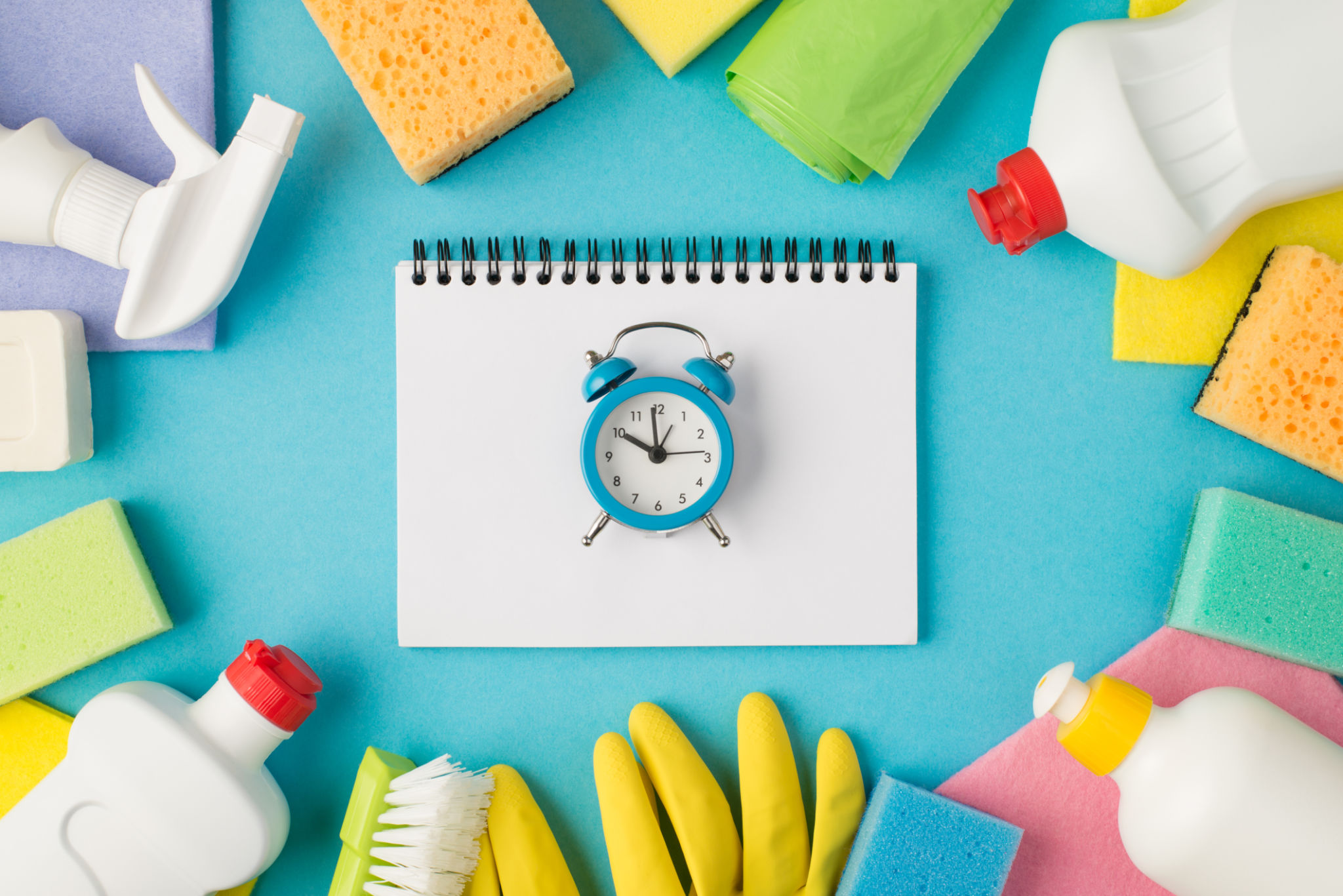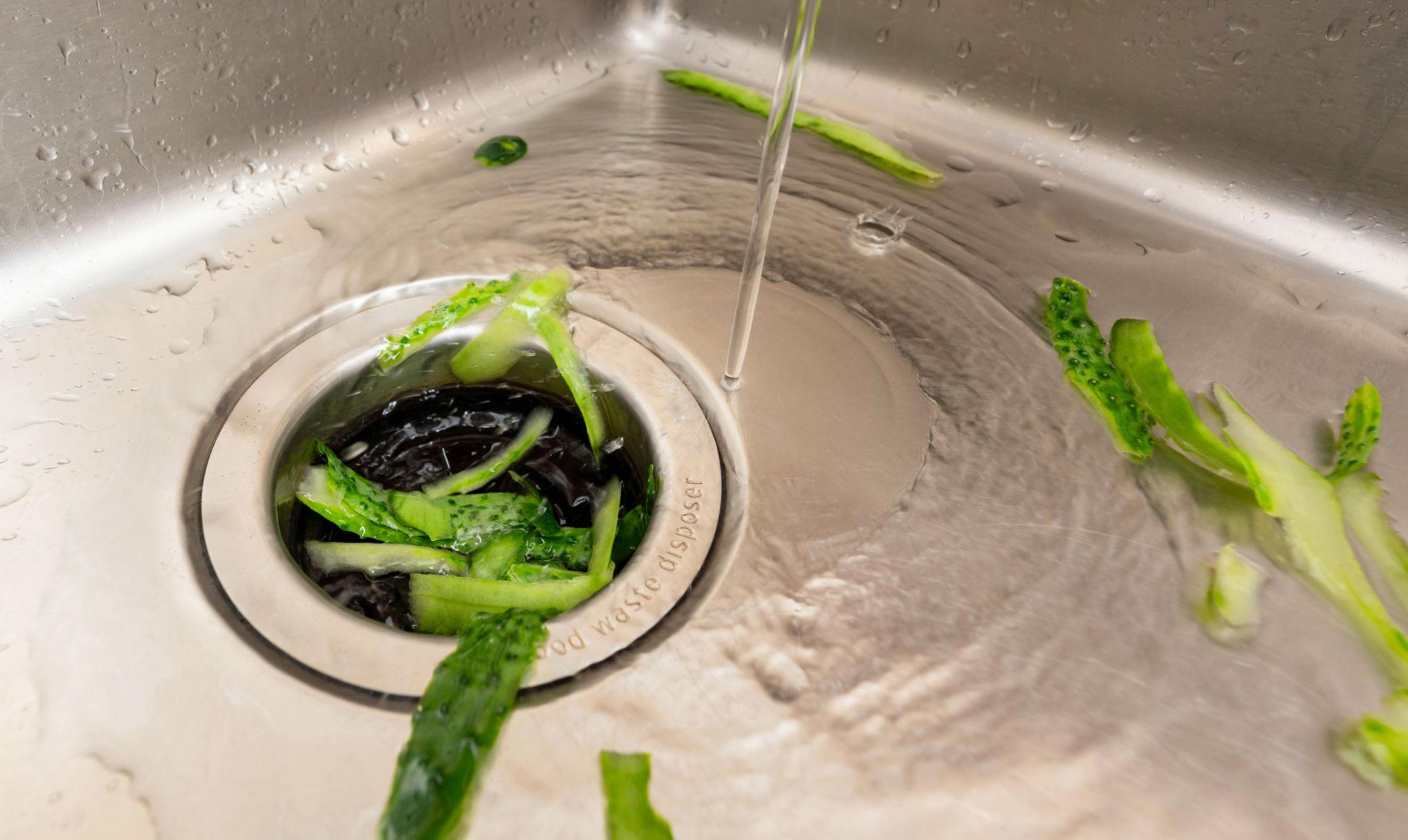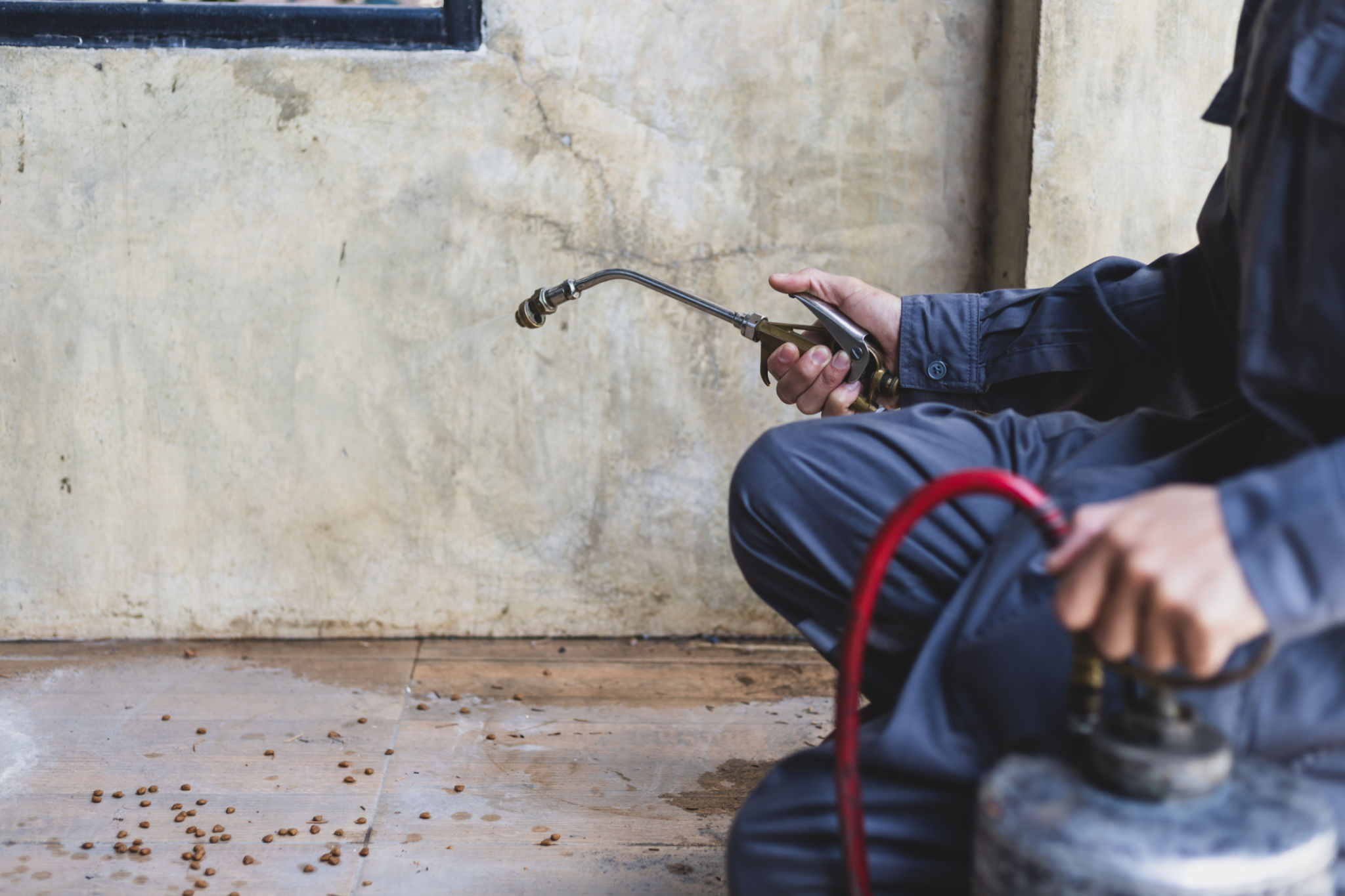How to Maintain Hygiene in a Restaurant Kitchen: Expert Tips and Best Practices
Understanding the Importance of Kitchen Hygiene
Maintaining hygiene in a restaurant kitchen is not just about keeping up appearances; it's a critical component of food safety and customer satisfaction. A clean kitchen reduces the risk of foodborne illnesses, ensures compliance with health regulations, and enhances the overall dining experience. Prioritizing hygiene can also prevent costly fines and improve staff morale.
To achieve and maintain high standards of cleanliness, it's important to implement structured cleaning protocols and educate staff on best practices. By creating a culture of cleanliness, restaurants can protect their reputation and ensure customer loyalty.

Establishing Effective Cleaning Schedules
One of the most effective ways to maintain hygiene is by establishing a comprehensive cleaning schedule. This schedule should outline daily, weekly, and monthly cleaning tasks to ensure nothing is overlooked. Daily tasks might include sanitizing food preparation surfaces, sweeping and mopping floors, and cleaning equipment.
Weekly tasks could involve deep-cleaning ovens, refrigerators, and storage areas. Monthly tasks might include inspecting and cleaning ventilation systems and behind heavy equipment. Assign specific tasks to individual team members to ensure accountability and consistency.

Training Staff on Hygiene Best Practices
Staff training is essential for maintaining a hygienic kitchen. Employees should be well-versed in personal hygiene, such as regular handwashing, wearing clean uniforms, and using hairnets or hats. Training should also cover proper food handling techniques to prevent cross-contamination, including the use of separate cutting boards for raw meats and vegetables.
Regular training sessions can reinforce these practices and introduce new procedures as needed. Encourage staff to report any hygiene issues immediately and provide feedback on current practices to foster an open communication environment.
Implementing Proper Waste Management
Effective waste management is crucial in maintaining a clean kitchen. Ensure that waste bins are strategically placed for easy access and emptied regularly to prevent overflow. Use color-coded bins for different types of waste to streamline disposal processes.
- Use biodegradable bags for organic waste.
- Regularly clean and sanitize waste bins.
- Implement recycling practices where possible.

Maintaining Equipment Cleanliness
Kitchen equipment must be cleaned thoroughly and regularly to prevent the buildup of grease and grime. Develop a checklist for each piece of equipment, detailing the cleaning steps required. For example, dishwashers should be cleaned daily, while grills may require more frequent attention due to grease accumulation.
Regular maintenance checks can extend the lifespan of equipment and ensure they function efficiently. Consider scheduling professional deep cleans periodically to address hard-to-reach areas.
Monitoring Pest Control
Pest control is an integral part of maintaining hygiene in a restaurant kitchen. Implement preventive measures such as sealing entry points, storing food in airtight containers, and keeping the kitchen free from crumbs and spills. Regularly inspect the premises for signs of pests and act promptly if any are detected.
Engage professional pest control services for routine inspections and to address any infestations. A proactive approach can prevent pests from becoming a significant problem in your kitchen.
